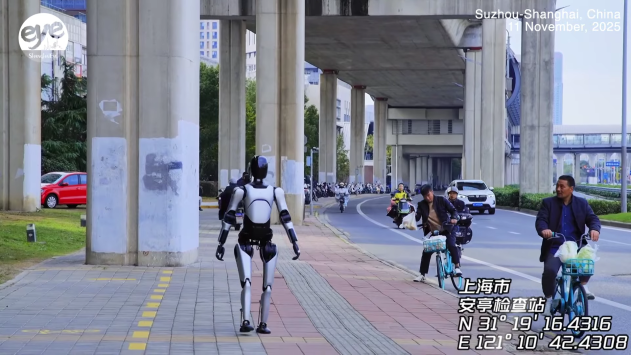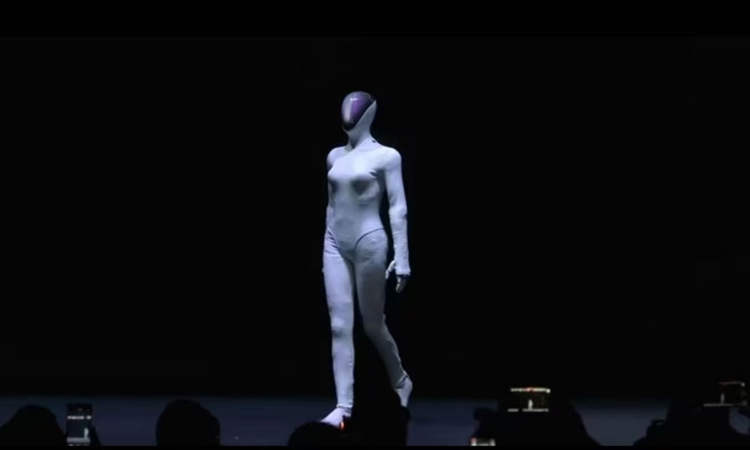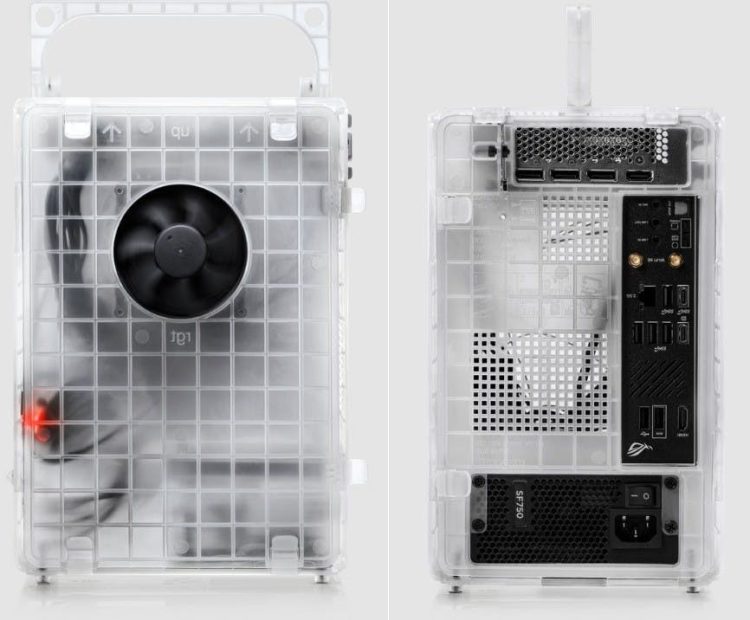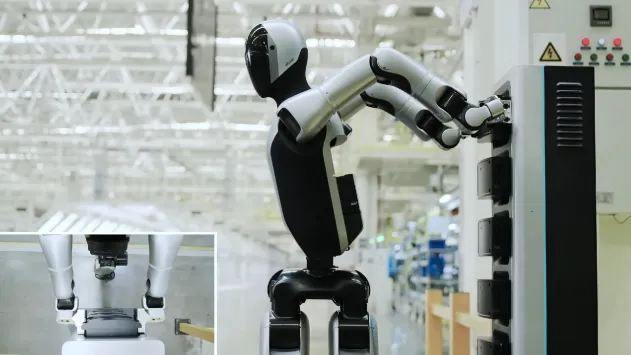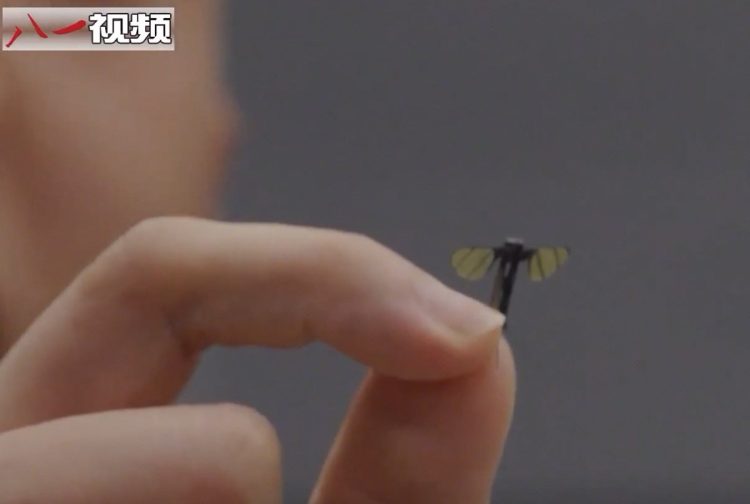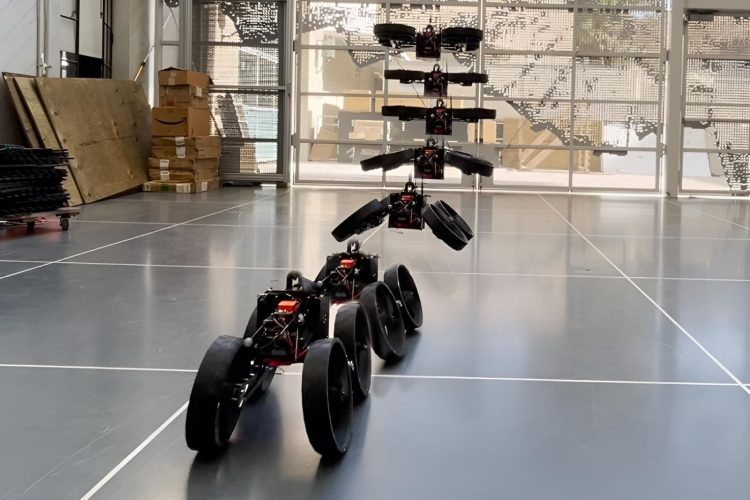First there was journaling, then came blogging, vlogging and even microblogging. The latest in the trend of recording life experiences is Lifelogging – recording every little thing that goes on in your life through pictures. As if people sharing mind-numbingly mundane pictures of things like what they ate and where they slept wasn’t enough, modern lifelogging devices actually help people take continuous photographs and videos of every single moment of their day.
So capturing only the special times of your life – like weddings, birthdays or your child being born – is fast becoming a thing of the past. With lifelogging, it’s just like downloading your entire life, minute by minute, and storing it on your computer. A master file, if you will, that you can always refer back to, to remember exactly what happened in the past. According to the fans of this practice, lifelogging helps them create what they call a perfect digital archive. This can be accessed any time, so they are able to recall things like where they left their car keys or remember a cherished moment in great detail. These lifeloggers capture their daily routine through pictures or video and store them on the internet. Some of them also record patterns of their mood, sleep, exercise and diet. A handful of users have also broadcast their lives online for everyone to see, and most say that they want to create as many data streams about themselves as possible, so the data can be collated and analyzed, leading to new insights and revelations about their lives. It’s especially helpful to those who are interested in health and fitness.
Photo: Memoto
Lifelogging is usually done with a small digital camera that takes time-lapse photographs and also records continuous video. These devices are small in size and can be attached to clothing accessories, so every moment can be captured with ease. One such device is the Memoto, a $250 camera the size of a postage stamp that’s all set for release this year. It can be clipped on to clothes and will take a photograph every 30 seconds. Memoto aims to give you ‘pictures of every single moment of your life, complete with information on where and when you took them. The Pivothead Durango is already on the market; it’s a camcorder that can be concealed in a pair of sunglasses and takes high-definition images. Zeo is a device that records your brain activity as you sleep. It syncs with your smartphone via bluetooth and produces a graph that you can look at in the morning. So it’s possible to know things like how long it took you to sleep after you hit the bed and how many hours of ‘deep sleep’ you actually enjoyed. According to Juniper Research, a British market research firm, consumers are expected to spend about £1 billion on such devices by 2014.
Photo: Memoto
Lifelogging sounds great in a way, but the practice does come with its own set of drawbacks. Privacy campaigners are quick to point out that users are always at the risk of revealing too much information about themselves. This could leave them vulnerable to identity theft and blackmail. ‘Self-hacking’ is the term used in most lifelogging circles, to refer to mashups of data like physical activity, debit card usage and travel card data. While information like this could help people live happier, healthier lives, it could also be helpful to consumer-services such as insurance companies. There is also the question of the privacy rights of thousands of other people associated with lifeloggers – friends, colleagues, strangers, and others who would unknowingly be included in these records. Just a couple of years ago, Google provoked fury among the public when it started its Street View mapping service. In several countries, it is against the law to film or record people without their permission. Director of the British Institute of Human Rights, Stephen Bowen, says, “This kind of technology transforms our notion of privacy and offers untold opportunities to monitor our every move in real time.” But some feel that the technology isn’t the real problem. “The problem is that we don’t value and understand how important our right to privacy is and how that right is protected under the Human Rights Act,” says Simon Davies, founder of Privacy International. “The key issue is consent, and with an automated device like this, that is a real problem.”





